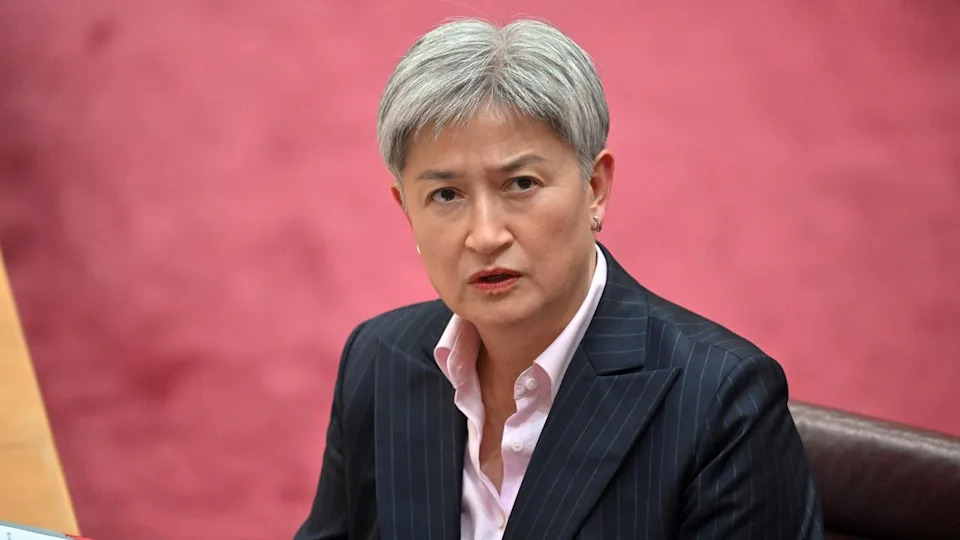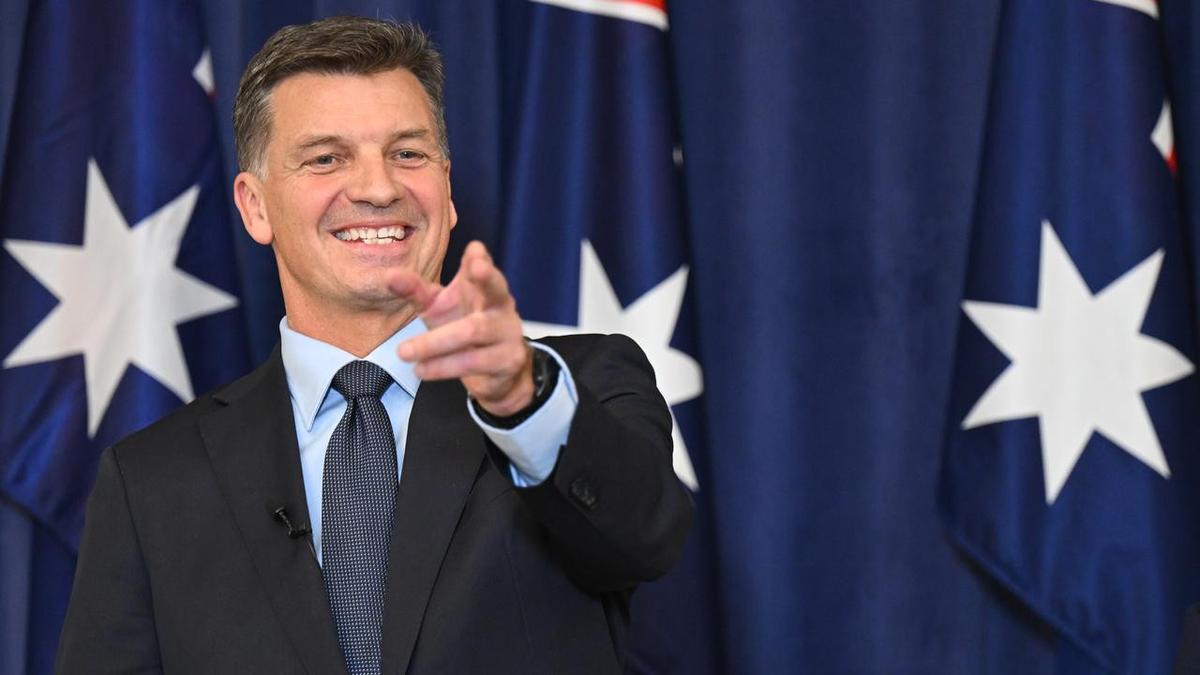
UPDATE: In a stunning shift, Australia’s first climate change minister, Penny Wong, has issued a critical warning as the coalition moves away from its commitment to net zero emissions. The decision, announced earlier today, has sparked outrage and concern from government officials and environmental advocates across the nation.
Wong, a key figure in Australia’s climate discussions, emphasized that the coalition’s abandonment of carbon emissions targets will fail to sway public opinion. “This used to be a serious mainstream political party in this country and now it is overrun by the fringes,” she stated in an interview with ABC News. Her comments reflect a growing frustration with the coalition’s recent rightward shift, which she argues is an attempt to outflank far-right figures such as Pauline Hanson.
The implications of the coalition’s decision are severe. Wong warned that diluted climate targets could lead to skyrocketing power prices for everyday Australians. “This will show a blatant disregard for our Pacific neighbors who are already facing the brunt of climate change,” she added.
Prime Minister Anthony Albanese echoed these sentiments, stating that the coalition’s “uncertainty” regarding energy and climate policy is detrimental to investment and will ultimately drive up costs. “If anyone thinks that there is certainty in the coalition going forward, then they’re not paying any attention,” he said during a press conference in Melbourne on Sunday. “Less investment means higher power prices.”
Defending the coalition’s controversial stance, Jonathon Duniam, a prominent frontbencher, argued that committing to net zero by 2050 is too distant for practical targets under the Paris Agreement. “We need to focus on attainable goals,” he stated, attempting to downplay the potential fallout from this drastic policy reversal.
The coalition’s climate strategy is set to be formalized in a meeting of Liberal and National partyroom members, further intensifying discussions about the future of climate action in Australia. With the public increasingly focused on climate issues, the coalition faces a significant challenge as it grapples with internal divisions over climate policy—a topic that has historically polarized the party.
The upcoming federal elections could see repercussions for the coalition, especially after losing key inner-city seats in the last two elections to independent candidates who championed environmental action. The urgency of these developments could redefine the political landscape as Australians demand accountability and effective climate policies.
As the situation continues to evolve, many are left asking: What will be the long-term effects of this shift in climate policy? Authorities and voters alike will be watching closely as discussions unfold in the coming days.
For now, the message is clear: the abandonment of net-zero targets marks a pivotal moment in Australia’s climate policy, one that could have lasting impacts on both domestic and international fronts. Stay tuned for further updates on this developing story.






